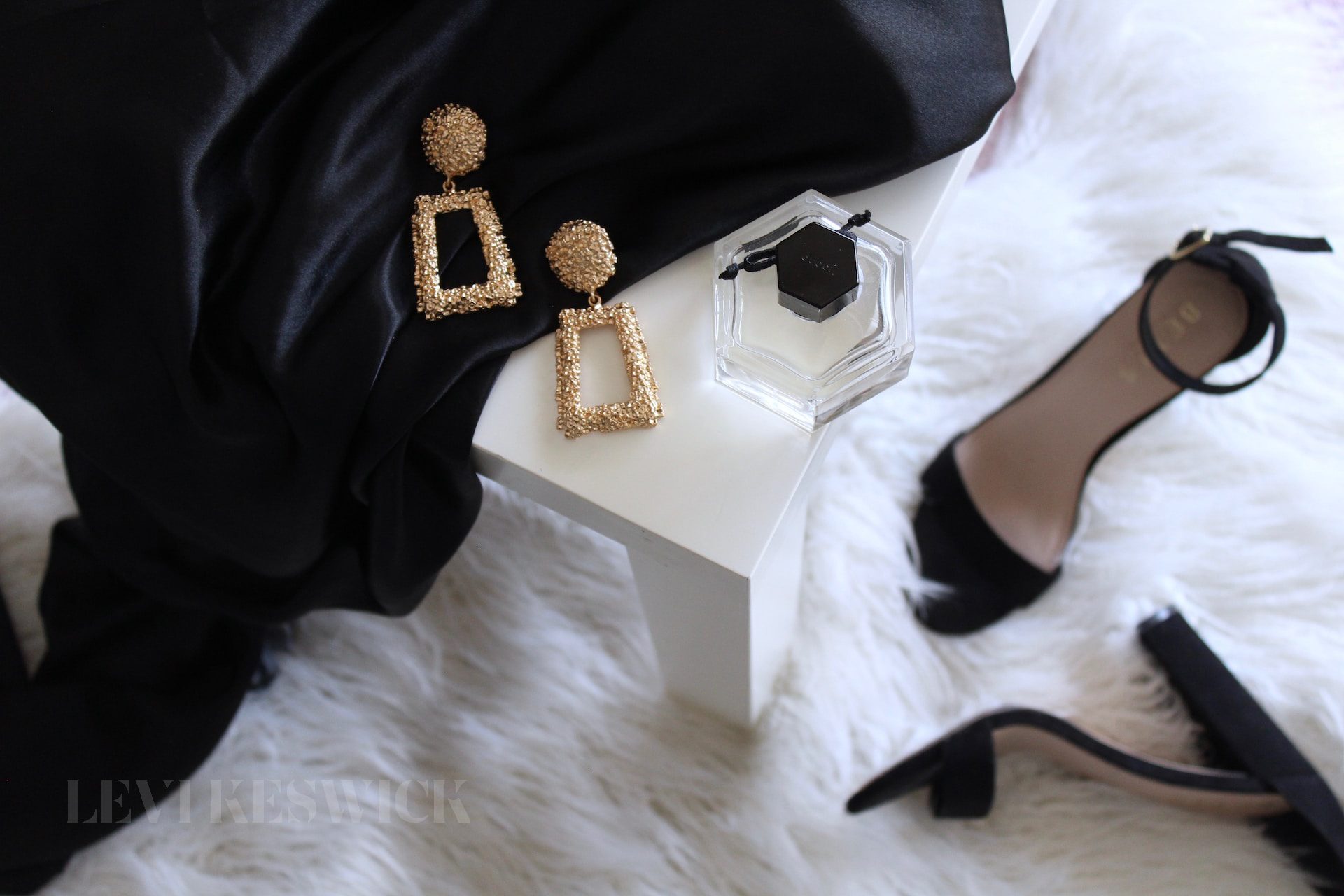Key Takeaways:
- The Surge of Luxury Online: A significant portion of luxury sales will transition to online platforms by 2030.
- LVMH’s Market Triumph: LVMH’s skyrocketing market value reflects the strength and resilience of lux brands in economic turbulence.
- Adapting to Digital Demands: Successful lux brands are those that balance maintaining their core identity with evolving digital trends.
- Popularity Indicators: Online engagement, social media buzz, and direct website traffic are key measures of a luxury brand’s popularity.
- Emerging Players: Brands like Dior have shown remarkable growth by leveraging digital initiatives and strategic market moves.
- Return of the Giants: Notable comebacks into the digital limelight include historic brands that have revitalized their online presence.
The luxury brand landscape is a relentless battleground where reputation, exclusivity, and consumer engagement intersect to determine which brands will ascend to the pantheon of desire and which will fade into the annals of history. As the digital age reshapes the frontline, how are the most coveted lux brands ensuring they are not just surviving but thriving online?
The Digital Shift in Luxury Consumption
The trajectory of luxury brands is being redrawn by the digital revolution. By 2030, with a projected 33% of global luxury sales expected to occur online, the digital domain has become the new battleground for luxury brands. In this fiercely competitive arena, the ability to engage customers online is not just a marketing strategy; it is a vital lifeline.
LVMH: Setting the Gold Standard
LVMH stands as a testament to the potential of lux brands in a digitized market. With a portfolio that reads like a who’s who of luxury, including Louis Vuitton and Dior, the conglomerate’s record-high market value signifies more than financial prowess—it symbolizes the quintessential blend of heritage and innovation. As the industry behemoth sets the pace, it begs the question: what does it take for lux brands to flourish online?
Balancing Act: Brand Essence and Digital Innovation
Today’s luxury brands are tasked with a delicate balance: preserving their unique brand essence while embracing digital innovation. As they adapt to new paradigms, the true challenge lies in remaining agile without losing the core identity that customers have come to cherish.
Metrics of Popularity: The New Barometer for Success
In the digital age, a brand’s popularity can be quantified by its online engagement and the conversations it inspires across social media channels. As the measure of consumer attention shifts from brick-and-mortar to clicks-and-orders, lux brands must pivot their strategies to capture the hearts of affluent consumers online.
Dior’s Digital Ascendance
Dior, once a staple in the realm of haute couture, has transcended its physical boundaries by embracing the digital world with finesse. The brand’s ascent to the zenith of online popularity charts is a case study in digital dynamism, fueled by savvy e-commerce expansions, viral marketing campaigns, and an ability to connect with the zeitgeist through strategic market moves.
The Comeback Kings and Queens
The digital realm has also witnessed the triumphant return of iconic brands like Burberry and Saint Laurent. By reinvigorating their online presence with innovative approaches to e-commerce, these historic names have proven that tradition and technology can create a potent mix for success.
The New Digital Frontiers: A Glimpse into the Future
With online interest in lux brands growing by an average of 31% in 2023, it’s evident that investments in digital innovation are yielding fruitful returns. As brands explore new territories from the Metaverse to sustainable practices, the digital domain remains an open field for lux brands to establish their supremacy.
In conclusion, as lux brands navigate the tumultuous waters of the digital age, their capacity to integrate online channels into their business models has become the bellwether of their future success. From leveraging social media to pioneering new forms of online engagement, these brands are rewriting the rulebook on luxury branding in the digital era. Whether through LVMH’s market domination or Dior’s digital prowess, one thing is clear: in the race for online supremacy, only the most agile and innovative will prevail.








